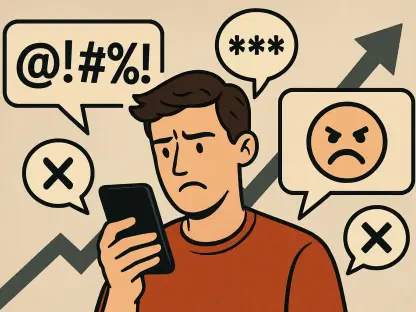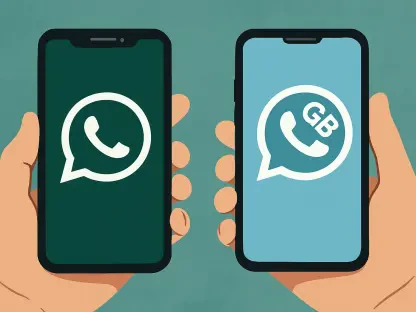Recent developments in the world of political communications have sparked considerable debate as Apple’s latest software update in iOS 26 unfolds a new challenge for the Republican Party. The introduction of sophisticated message filtering capabilities aims to mitigate spam and unwanted messaging clutter. While intended to enhance user experience, this update inadvertently targets political campaign communications by sequestering them into a separate inbox that does not trigger immediate alerts to users. This move poses a potential disruption to the GOP’s fundraising and communication strategy, which heavily relies on text messaging to reach supporters. The National Republican Senatorial Committee has taken notice, highlighting significant financial implications—potentially north of $25 million in losses, with broader repercussions anticipated for the party as a whole.
Republican Concerns Over Revenue Loss
Detailed concerns about the financial ramifications of Apple’s update were brought to the forefront through an internal memo circulated within GOP circles. The memo outlines a potential $500 million hit to Republican fundraising efforts should iOS 26’s filtering feature go unchallenged. Such financial forecasts underscore the party’s heavy reliance on text-based donations, which constitute around 70% of all small-dollar contributions. This has sparked anxiety within Republican ranks, as vital communications like Election Day updates and voter engagement initiatives could be inadvertently stifled. The GOP is particularly sensitive to these issues given that iPhones represent a dominant 60% share of the U.S. mobile device market. With the public rollout set for mid-September, the urgency to address these concerns cannot be overstated, paving the way for Republican groups to swiftly contest the changes.
Implications for Political Campaign Strategies
Apple’s iOS 26 message filtering presents significant challenges for future political campaign strategies, pushing campaigns to reassess outreach techniques for engaging donors and voters. In an already fierce political environment, innovative solutions are essential as traditional text-based communication hits technological barriers. This new feature demands that the GOP and other parties diversify communication channels to continue abiding by compliance standards. Additionally, this scenario prompts a review of how political messaging intersects with data privacy concerns, a complex balance Apple aims to highlight with its latest update. The evolving landscape calls for political entities to engage in collaborative discussions with tech companies to develop technology-driven solutions that honor digital privacy and the needs of electoral communication. As Republican groups face the realities of iOS 26’s implications, they must innovate swiftly to maintain effective fundraising and voter engagement. Such adaptations emphasize the importance of collaboration between tech innovators and political strategists, ensuring a vibrant democratic process.









